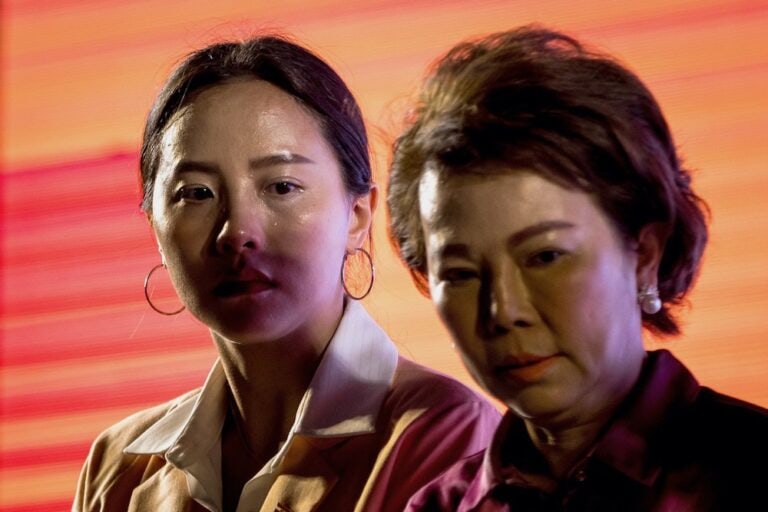(SEAPA/IFEX) – Thai media reformers are wary of a government agency’s offer to open the country’s fledgling community radio operations to advertising, saying such a move would detract from the spirit and intent of community broadcasting, and, even more dangerous, create mechanisms by which small independent radio operations could be influenced by the state. The […]
(SEAPA/IFEX) – Thai media reformers are wary of a government agency’s offer to open the country’s fledgling community radio operations to advertising, saying such a move would detract from the spirit and intent of community broadcasting, and, even more dangerous, create mechanisms by which small independent radio operations could be influenced by the state.
The Thai Public Relations Department (PRD) has recently been inviting community radio operators to “register” with its office in return for the right to earn revenue from commercial advertisements.
Community broadcasting is a young, ongoing experiment in Thailand, where media ownership is highly concentrated in the hands of government and big business interests, and where news and information cater mostly to urban audiences. Non-profit organisations, relying almost entirely on foundations and private donations, have been trying to promote small community radio operations to break what they perceive to be a compromised pattern of media ownership in Thailand and to educate the public about the virtues of independent journalism.
The PRD’s move to entice community broadcasters with advertising money, and to simultaneously bring them under its authority, would taint this crucial experiment in free and independent expression, the Civil Media Development Institute (CMDI) says. More insidious, says CMDI Chairman Uajit Virojtrairatt, the PRD would in fact create situations and systems by which community broadcasters would fall under its influence.
Under the PRD’s proposal, community radio operators will be allowed to raise advertising revenue, as long as they pay the state agency a guarantee deposit of 5,000 baht (approx. US$125) and an annual registration fee of 1,000 baht (approx. US$25).
The CMDI says the annual registration fee might effectively amount to a licensing system that, under threat of non-renewal, could give the PRD some say in the content of community radio operations. “The PRD scheme will eventually . . . put [community broadcasting] under state and business mechanisms,” the group said in a statement.
Ironically, the PRD already owns about 30 percent of some 500 radio stations nationwide, making it the country’s second largest state broadcasting network after the army.
Meanwhile, the media advocates said in a statement that the PRD initiative will “confuse” the public and muddle community radio’s intrinsic message of “shared ownership and . . . the public nature” of community broadcasting.


